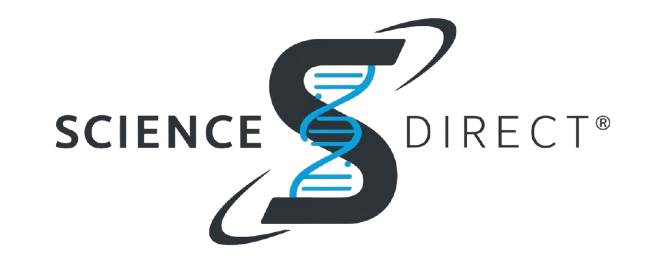Nimble programming improvement is a cutting edge way to deal with building programming frameworks that stresses adaptability, coordinated effort, and iterative advancement. Established in the Spry Declaration, which was presented in 2001, this procedure has changed how groups configuration, create, and convey programming.
Center Standards of Light-footed Programming Advancement
At its heart, Light-footed programming advancement centers around conveying worth to clients through cooperation and flexibility. The system is directed by a few key standards:
Consumer loyalty: Deft focuses on client needs by conveying useful programming rapidly and as often as possible.
Iterative Advancement: Improvement happens in little, reasonable augmentations, frequently called runs, considering customary criticism and course rectification.
Joint effort: Spry encourages close collaboration among cross-practical groups, including designers, analyzers, and business partners.
Versatility: Answering change is a center principle of Spry, guaranteeing that groups can turn in view of developing prerequisites.
Coordinated Structures
Coordinated is certainly not a solitary interaction yet rather an umbrella term that envelops different systems, including:
Scrum: A well known structure that coordinates work into time-boxed runs, with normal stand-up gatherings and characterized jobs, for example, Scrum Expert and Item Proprietor.
Kanban: Spotlights on envisioning work processes and restricting work underway to further develop productivity and straightforwardness.
Outrageous Programming (XP): Underlines specialized greatness and practices, for example, match programming, test-driven advancement, and persistent coordination.
Advantages of Deft Programming Advancement
Deft offers various benefits over conventional cascade techniques:
Quicker Time to Market: Gradual conveyance guarantees that usable elements arrive at clients sooner.
Upgraded Quality: Consistent testing and criticism further develop programming dependability.
More noteworthy Adaptability: Groups can adjust to changes without crashing the venture.
Further developed Camaraderie: Cooperative practices and clear objectives encourage a positive workplace.
Difficulties of Deft
While Deft gives many advantages, it additionally accompanies difficulties:
Social Shift: Groups and associations should embrace a mentality of coordinated effort and flexibility.
Scaling Issues: Carrying out Coordinated across enormous, dispersed groups can be mind boggling.
Client Accessibility: Light-footed requires reliable client association, which may not be doable all the time.
End
Light-footed programming advancement has changed the manner in which groups approach programming projects, conveying improved results by zeroing in on cooperation, adaptability, and iterative improvement. As innovation and client needs keep on developing, Light-footed stays a strong structure for making progress in a powerful climate.
